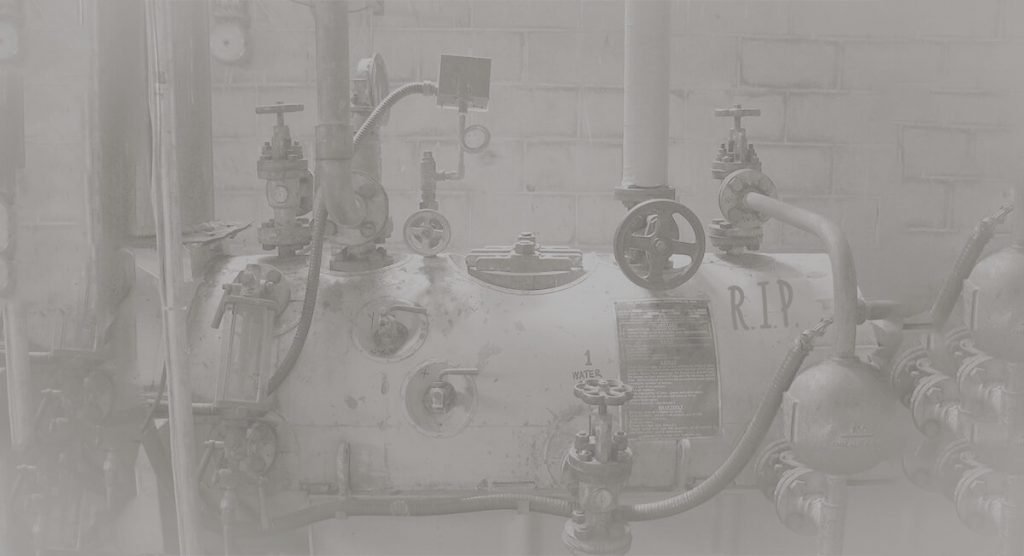Did you know? Approximately 50% of commercial buildings in the United States were built before 1980. As building codes have continuously evolved with the passing of time, many of these older facilities may have outdated HVAC systems that do not meet current standards and are not running at their maximum potential. The typical life expectancy for a boiler is about 20 years, meaning that many commercial buildings are due for a boiler replacement, even if they have already upgraded at some point in the past. As boilers age, components start to wear down from continuous use and do not perform as efficiently or as reliably. While upgrading a boiler in a commercial HVAC system may seem a daunting task, its benefits and payback cannot be overlooked in the grand scheme of commercial building maintenance and conservation.
Here’s the top four reasons why outdated commercial boilers should be replaced:
Improved Efficiency
Historically used non-condensing boiler systems allow more heat to escape through chimney flue than condensing boilers. As a result, non-condensing boilers waste a lot of energy and only run at 60-70% efficiency. Newer condensing hydronic boilers are able to capture and reuse latent heat while cycling, increasing efficiency to up to 98%.
Cost Savings
Increased boiler efficiency means that less energy is needed to keep a commercial HVAC system circulating heat. Upgrading to a condensing boiler uses thermal efficiency of natural gas to absorb the heat back into the boiler. This means lower natural gas bills, and monthly cash savings.
Comfort and Safety
As boilers age, their performance declines. As a result, indoor air quality suffers, and the potential of safety hazards increase. Newer hydronic boilers are optimized with draft regulation that provides more stable temperatures throughout a facility, meaning improved comfort for building occupants. They also tend to run much quieter than older non-condensing boilers and are equipped with preventative safety features.
Longevity of System
Upgrading a commercial boiler has long-term benefits. Newer models require less maintenance than older boilers, leading to cost savings. Proactively replacing an old boiler also prevents a costly emergency repair, should the system break down.
Upgrading commercial boilers is a beneficial practice becoming more and more routine in today’s society. Upfront investments are often paid off within the first three years, due to cost savings generated by increased efficiencies.
The experts at UEP can assist you with any commercial boiler upgrade project. Contact us today!


